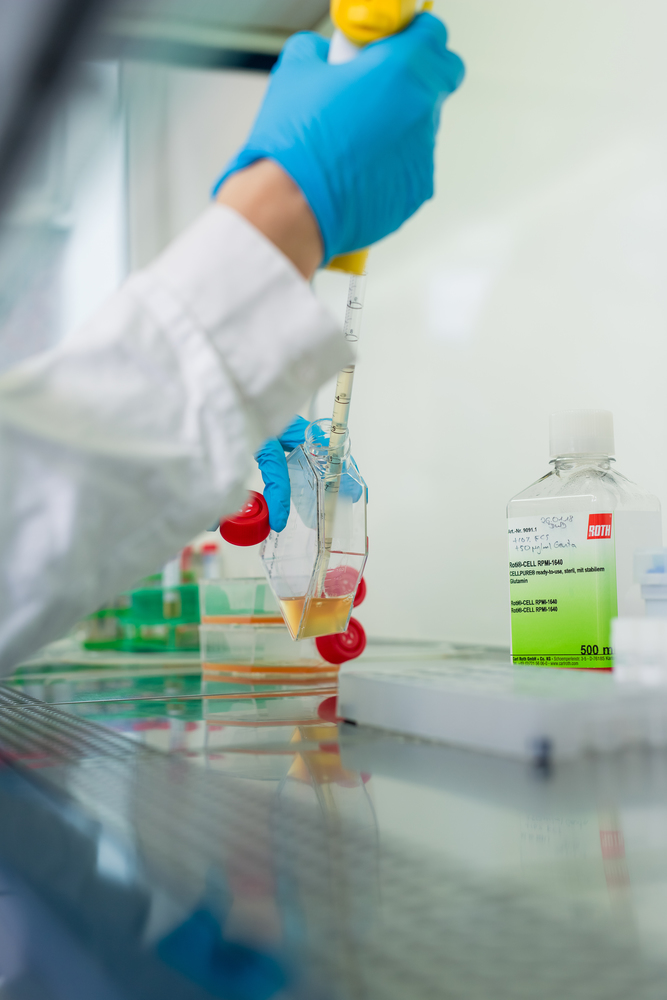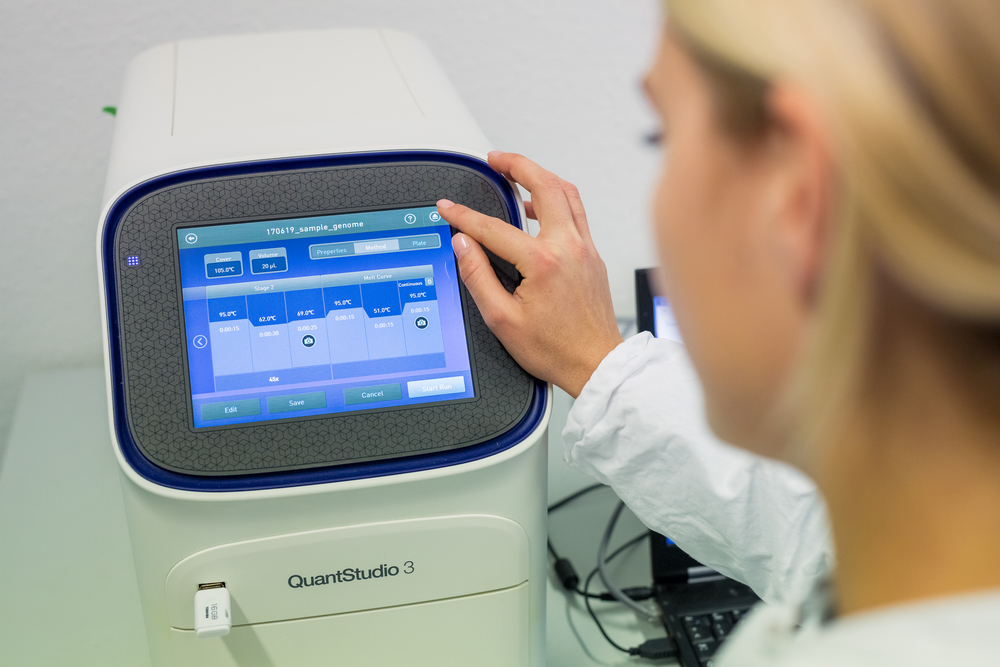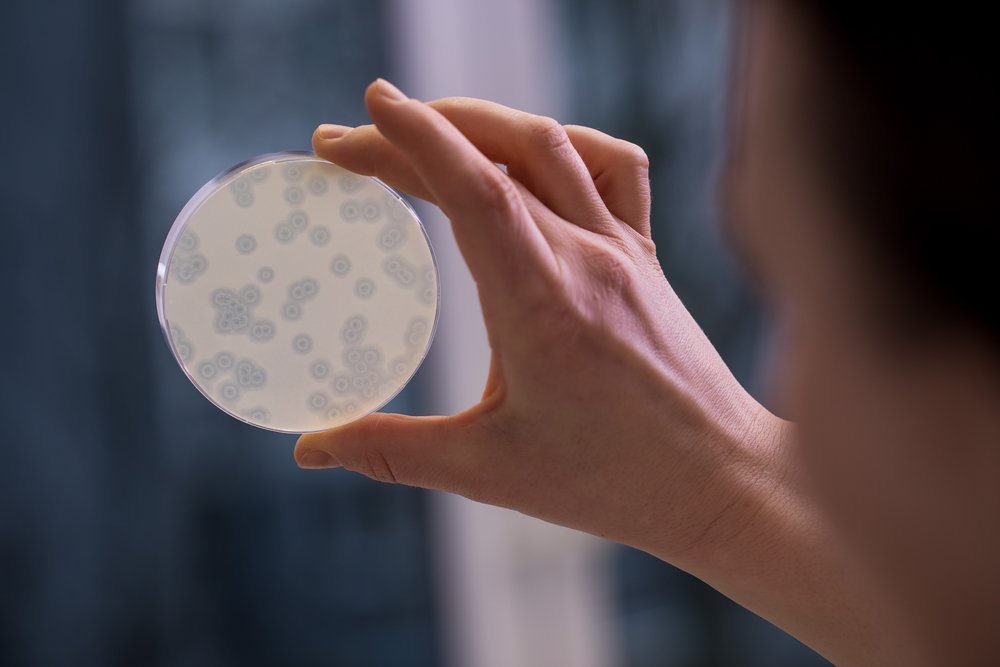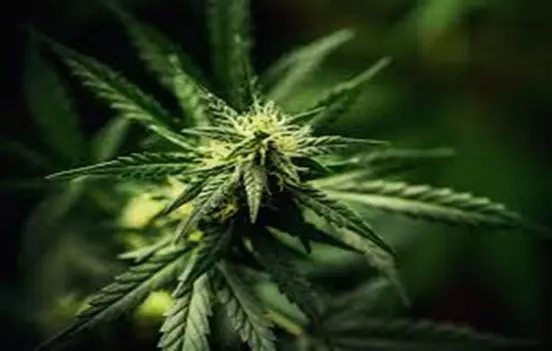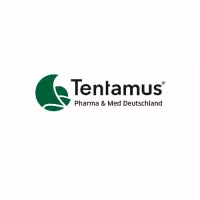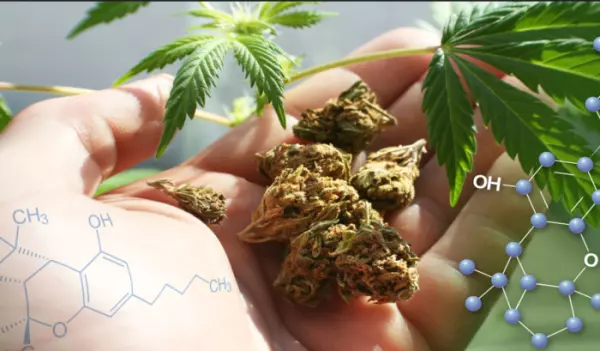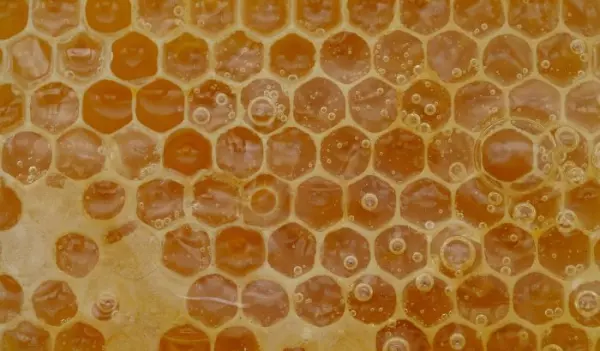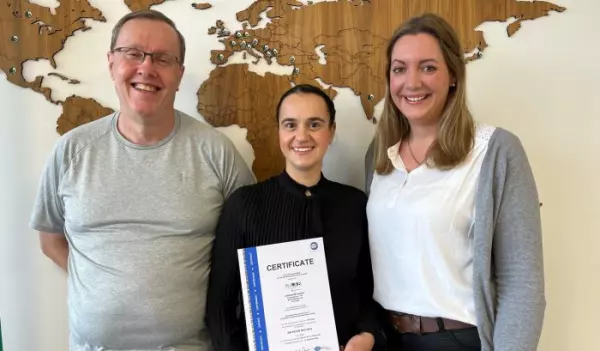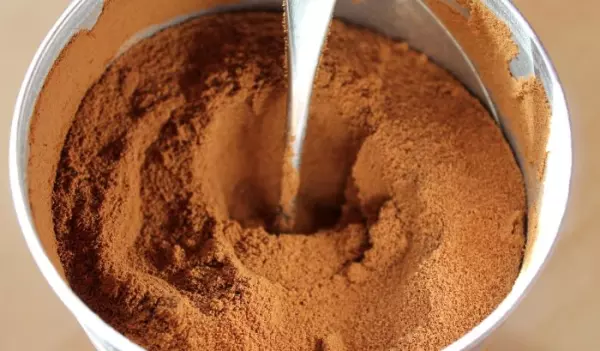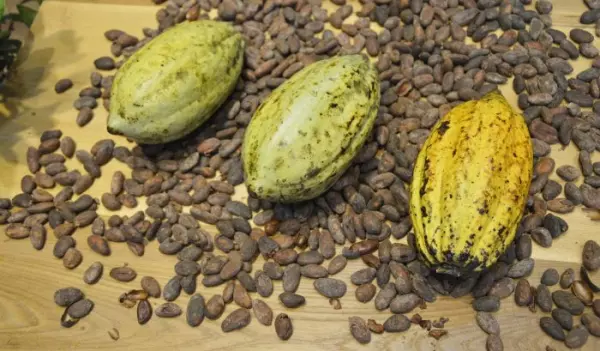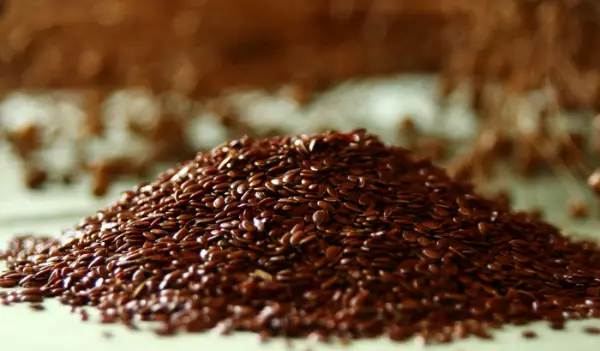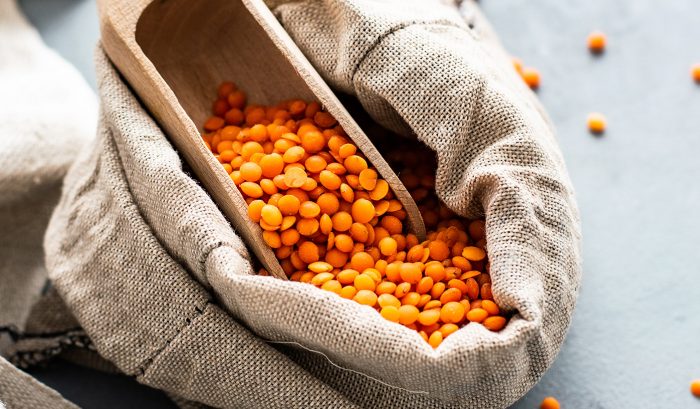
Especially with health-conscious, vegetarian or vegan consumers: red lentils are increasingly being used indoors when cooking. They are rich in trace elements, fiber and vegetable protein and are therefore a good source of nutrients. As a result of the increasing demand, the supply of lens products has also increased in recent years.
In a recent test, the red lenses from 20 different manufacturers were put under the microscope. These included conventionally and organically grown products. A total of nine of the pulses tested were not convincing, they were rated “satisfactory” or worse.
Pesticide residues were found on all conventionally grown lentils, including the pesticides glyphosate and glufosinate. One product even had a greatly increased amount of glufosinate. This herbicide has been banned in the EU since 2019 because it is suspected of impairing fertility and harming the unborn child in the womb. But glufosinate could also be detected in an organic product.
Whether conventionally or organically grown, mineral oil stocks were detected in almost all lens products: 15 products were contaminated with MOAH or MOSH. MOAH are aromatic mineral oil hydrocarbons that can be carcinogenic, i.e. carcinogenic. MOSH is a compound of saturated hydrocarbons that is deposited in body fat or organs and can lead to the formation of tumors. These substances can get into the product during production through lubricants or through the packaging. It is therefore important to maintain high quality standards throughout the entire production process.
As a lens manufacturer, how can you determine whether your raw material is also contaminated?
The Tentamus laboratories help you analyze your lenses for MOSH and MOAH as well as pollutants from pesticides such as glyphosate or glufosinate. We ensure that the residues found do not exceed the legally prescribed limit values and that you can safely offer your lenses on the market. We also support you with the general marketability test of your food. This includes: risk-relevant analyzes, labeling checks and microbiological checks.
Roy Sperling
roy.sperling@tentamus.com
+49 (0) 30 206 038 320
Source: Öko-Test



